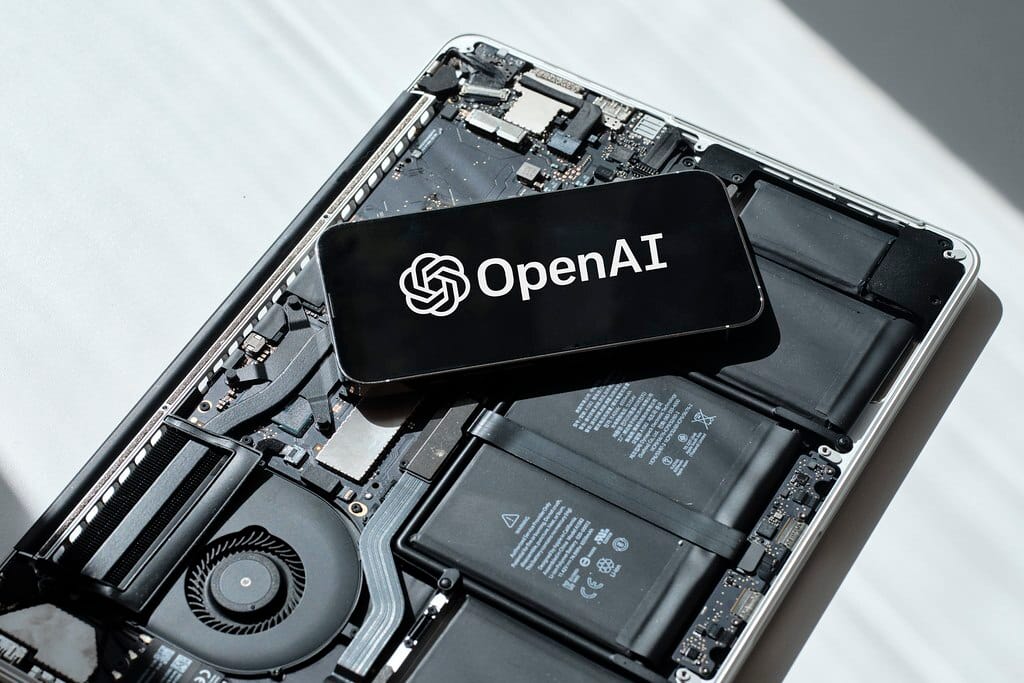New York Court System Issues Rules on AI Use in the Judiciary
On 10 October 2025, the New York State Unified Court System issued formal guidelines governing the use of AI by judges and court employees. The rules prohibit AI from making legal determinations and require that all AI-generated material be fully reviewed by the responsible judge or staff member. The aim













